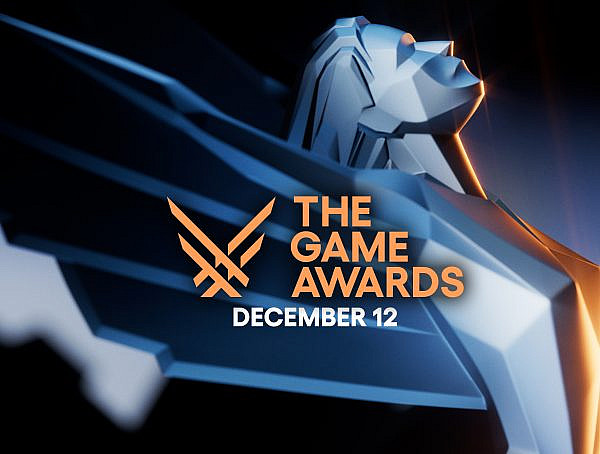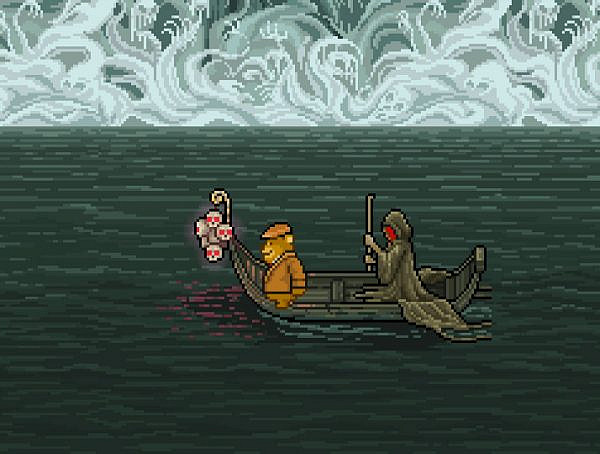We all have our motivations and reasons for playing games, depending on the game and the mood. “Why do we play? Towards a comprehensive player typology” by Benjamin Fritz and Stefan Stöckl (2023) found different motivations of play. The motivations include social, challenge, escapism, role-playing, power fantasy, creation, exploration, completion, griefing and competitive team play. There is also insight on what is included in these motivations.
Social reasons for playing include anything from casual chatting to meaningful conversations. Players might want to meet different people and form friendships or play with friends. Some want to work in a group while others find it more desirable to compete against other players and try to beat them. Competition includes wanting to feel better than others and be recognized by them. For some players cooperating with strangers and then dominating and beating the opposing team is the reason for hopping into the game.
Some players are motivated by challenge. Players might find it rewarding when they learn how the game works, or when honing their skills and seeing the improvement. They might enjoy having to try a challenge multiple times or developing strategies and solving puzzles. This can also be related to adrenaline in challenging and exciting situations, for example, if the player just barely escapes or the game is disturbing or scary.
Escapism is about escaping reality, some players want to unwind after a hard day, avoid boredom or get in a better mood. Avoiding problems or not thinking about them can be easier when the player is immersed in the game world. For some, this also offers the possibility to do things you wouldn’t be able to do in real life.
Playing a character in the story, being someone else in a different world and making decisions in role-playing games motivates some people. Role-playing as a motivation could be about writing stories or trying new roles and personalities, as well as feeling different emotions in a game.
Being in charge or controlling seems to be prominent in some of the motivations, for example, power fantasy and creation. In power fantasy the player enjoys being someone important or in a high position in a game, power could also mean blazing through enemies or causing destruction. Creation was found to be a motivation for some. The player is motivated by building and creating, perhaps even including mechanisms to what they make or just simply creating something beautiful. Players might want to add their own personal aesthetic to something or accumulate resources, items or perhaps money.
Some players choose games because of the possibility of exploring. It motivates them to go around the world just to explore. Some might enjoy the scenery, finding new areas to go through and see what can be found while some are motivated to explore every corner of the game world. Some of these could be combined with completion. This could mean completing whatever the player is doing from picking up every collectible item to having gone through all the tasks or stories available. But this motivation can also push players away from games if something is not available to complete, for example, one last item is missing.
Some players are motivated by participating in wilfully antisocial behaviour against other players called griefing. They might enjoy ruining another player’s game or purposefully irritating or provoking them. Griefing includes wanting to manipulate others or causing disorder or destruction in the game.
These results were acquired with an eighty-item questionnaire to which 1090 participants answered. When asked the participants’ favourite game and most played game the researchers got 440 different games as answers, so the categories are built from diverse answers. The games were categorized which helps to further prove the variety. The categories and the number of answers in them were Shooting (20,76%), Action role-playing (18,00%), Role-Playing (16,71%), Action-Adventure (15,18%), Strategy (12,32%), Sports and driving (5,54%), Simulation (4,53%), Other Genres (4,15%), and Fighting (2,82%).
In conclusion this research creates a base towards comprehensive player typology with the categories. Knowing these might help when creating games or for the players to understand why they find certain games appealing. However, the research notes that casual players might not have answered the questionnaire as much as invested players. It is important to note that more research is needed to validate this new typology.
Fritz, B., & Stöckl, S. (2023). Why do We Play? Towards a Comprehensive Player Typology. Games and Culture, 18(3), 300–321. https://doi-org.libproxy.tuni.fi/10.1177/15554120221094844
Photo: Made by the author
Exploration enthusiast who has a bad habit of speed-running new content to see it all. Preferably playing action-adventure RPG’s but sometimes she can be found arguing with friends in co-op puzzle games or trying horror games with eyes closed.
You might also like
More from Game Research Highlights
How do you want to do this? – A look into the therapeutic uses of role-playing games
Can playing RPGs contribute positively to your wellbeing? A recent study aims to find out how RPGs are being used …
Eldritch horrors and tentacles – Defining what “Lovecraftian” is in games
H.P. Lovecrafts legacy lives today in the shared world of Cthulhu Mythos and its iconic monsters. Prema Arasu defines the …
Are Souls Games the Contemporary Myths?
Dom Ford’s Approaching FromSoftware’s Souls Games as Myth reveals the Souls series as a modern mythology where gods fall, desires …















